Barbie has leveled up big-time. The brand has stepped out of our attic and onto our collective consciousness. This is the summer of pink, and people have turned out in droves across both the physical and digital worlds.
At first, Barbie might seem like just another toy-franchise film (ala G.I. Joe and Transformers), where we follow beloved characters to build affinity for the brand. Barbie did use this formula, but its rise to global media and marketing juggernaut in recent weeks reverberates with brave self-awareness.
Rather than just telling a new "cool" story, Mattel took some risks, green-lighting a plot that parses the company's own struggles while exploring Barbie's broader impact on society.
Mattel was courageous to show vulnerability by spotlighting its own flaws—failed products, outdated thinking and even the founder's tax issues. The Barbie brand for years has faced criticisms, and the Warner Bros. mega-hit wisely included such complaints as story points. "I don't play with Barbies anymore." "Barbie doesn't have my body type." "Barbie is setting back the women's movement." How often do you see a brand bring up its own flaws and condemnations in mass media?
Such honesty strengthens the movie's purpose and deepens its impact. It casts Barbie as a beacon of perseverance and hope—for the very company that produces the dolls themselves; and, by extension, for us all.
Audiences respect when a brand knows the role it can and should play in our lives. This approach shows that Mattel and Warner Bros. are listening to the community. So, what unfolds is a gathering of friends, a nostalgic walk down a two-way street. Barbie becomes a shared experience, rather than 1 hour and 54 minutes of rose-hued fantasy flitting across the screen.
This opens up huge possibilities for more brands to get involved. Sure, these products and services would love to share Barbie's audience. But a true partnership means supporting Barbie's mission and values. For those embracing authenticity, joining forces will create an ever-expanding ecosystem to drive relevance.
It is my hope that other brands can adopt this approach. But first, they should take an honest look at themselves. By doing so, they can unlock meaningful communications that feel more like culture and less like ads.












